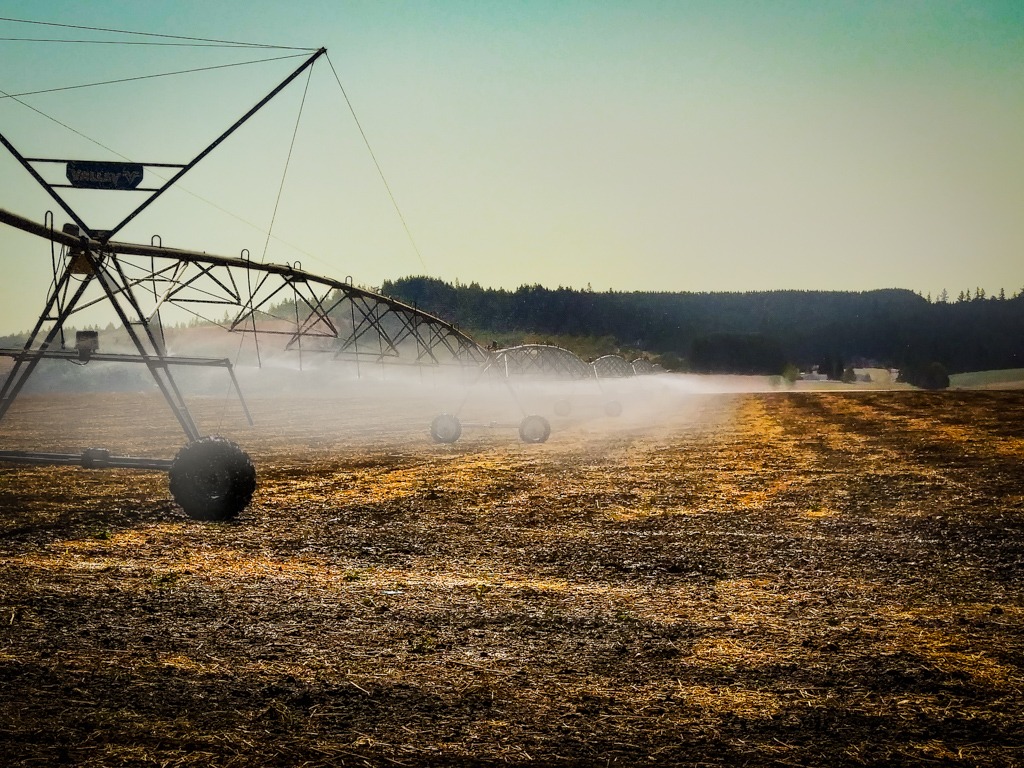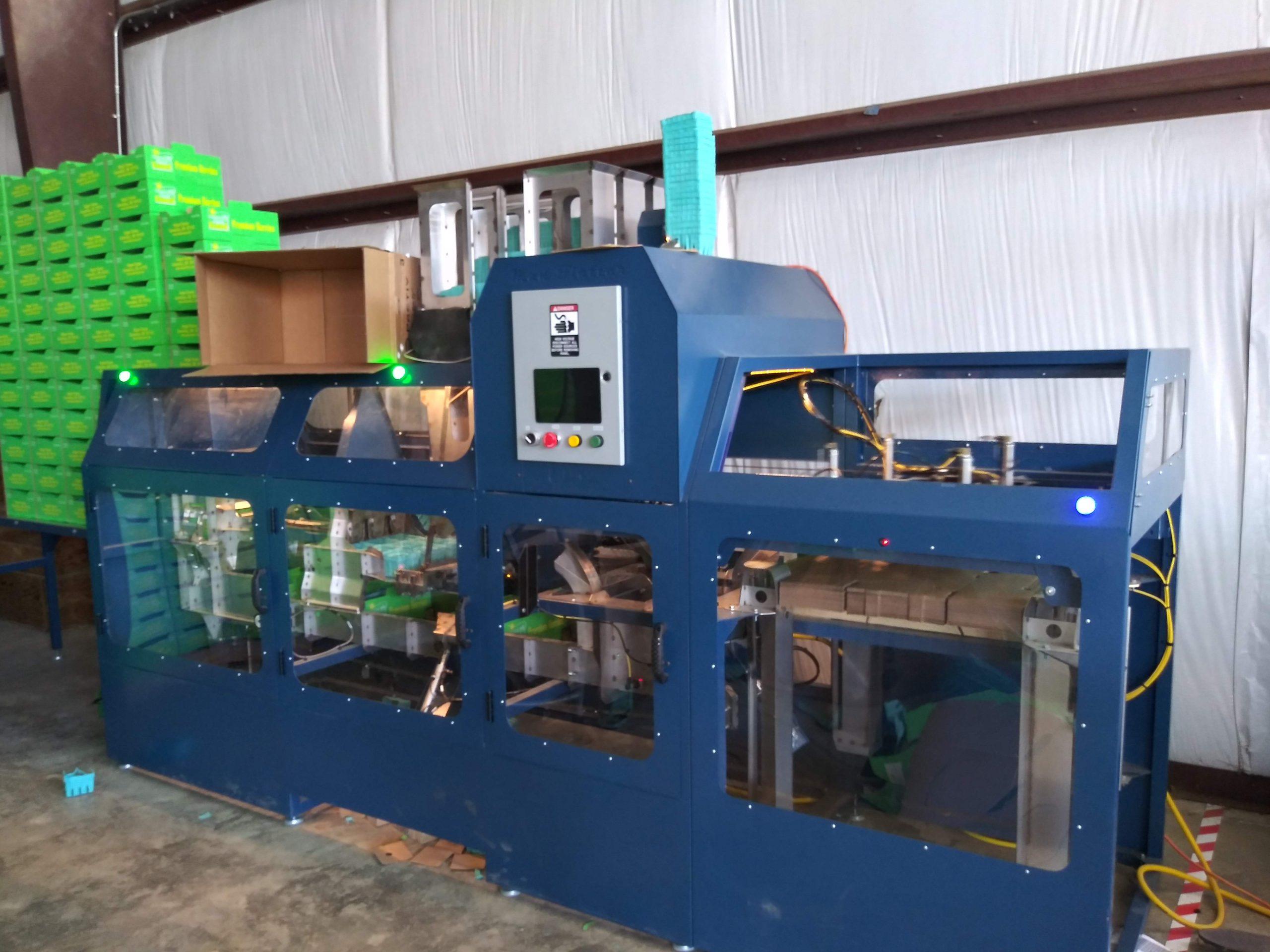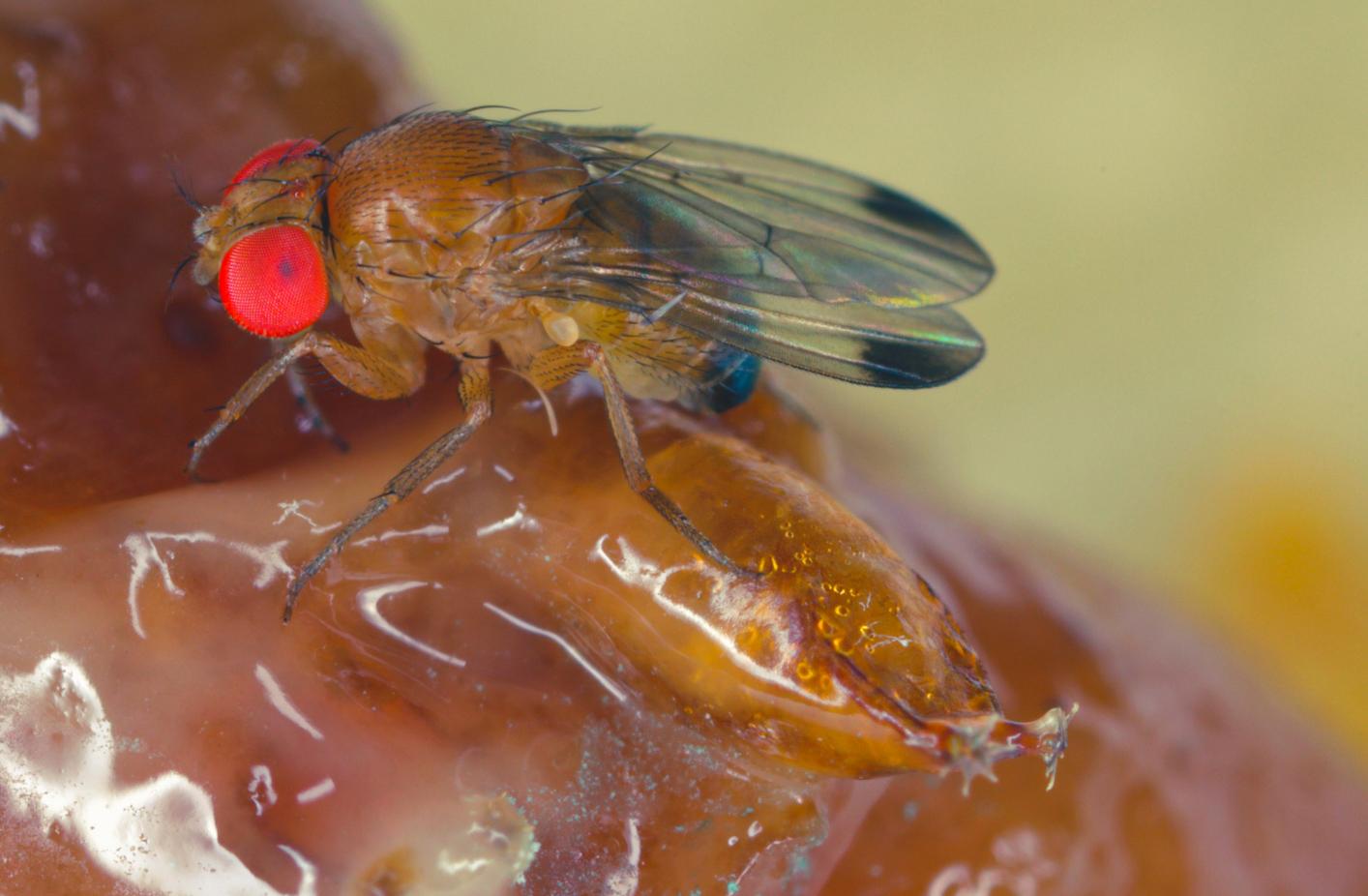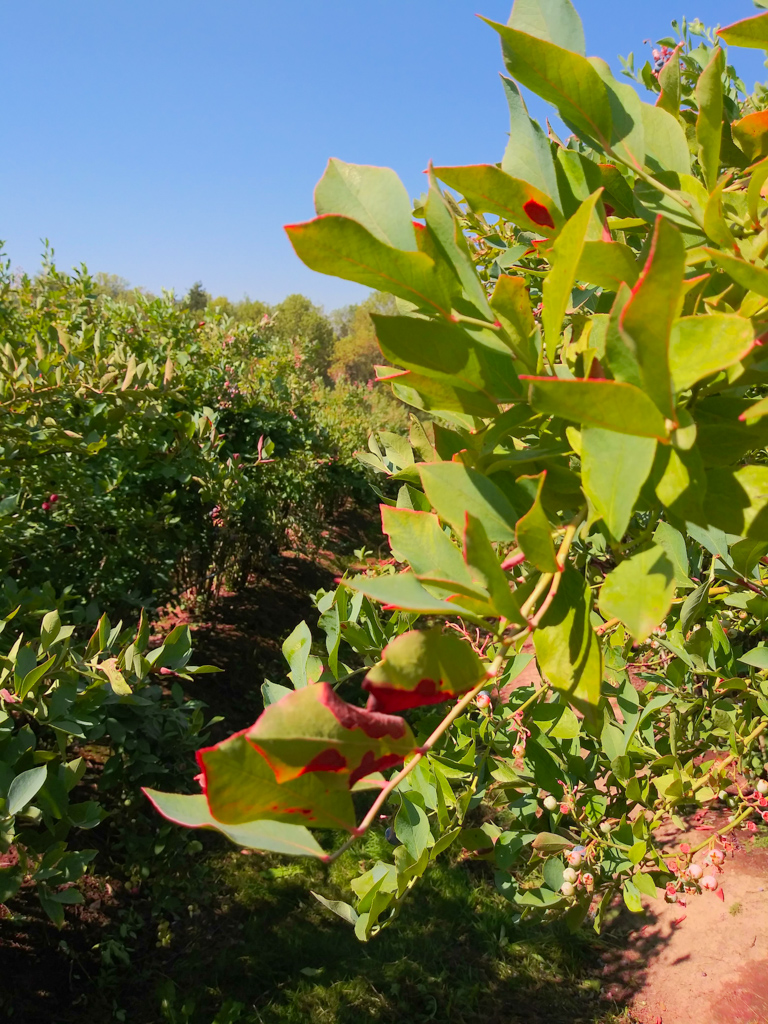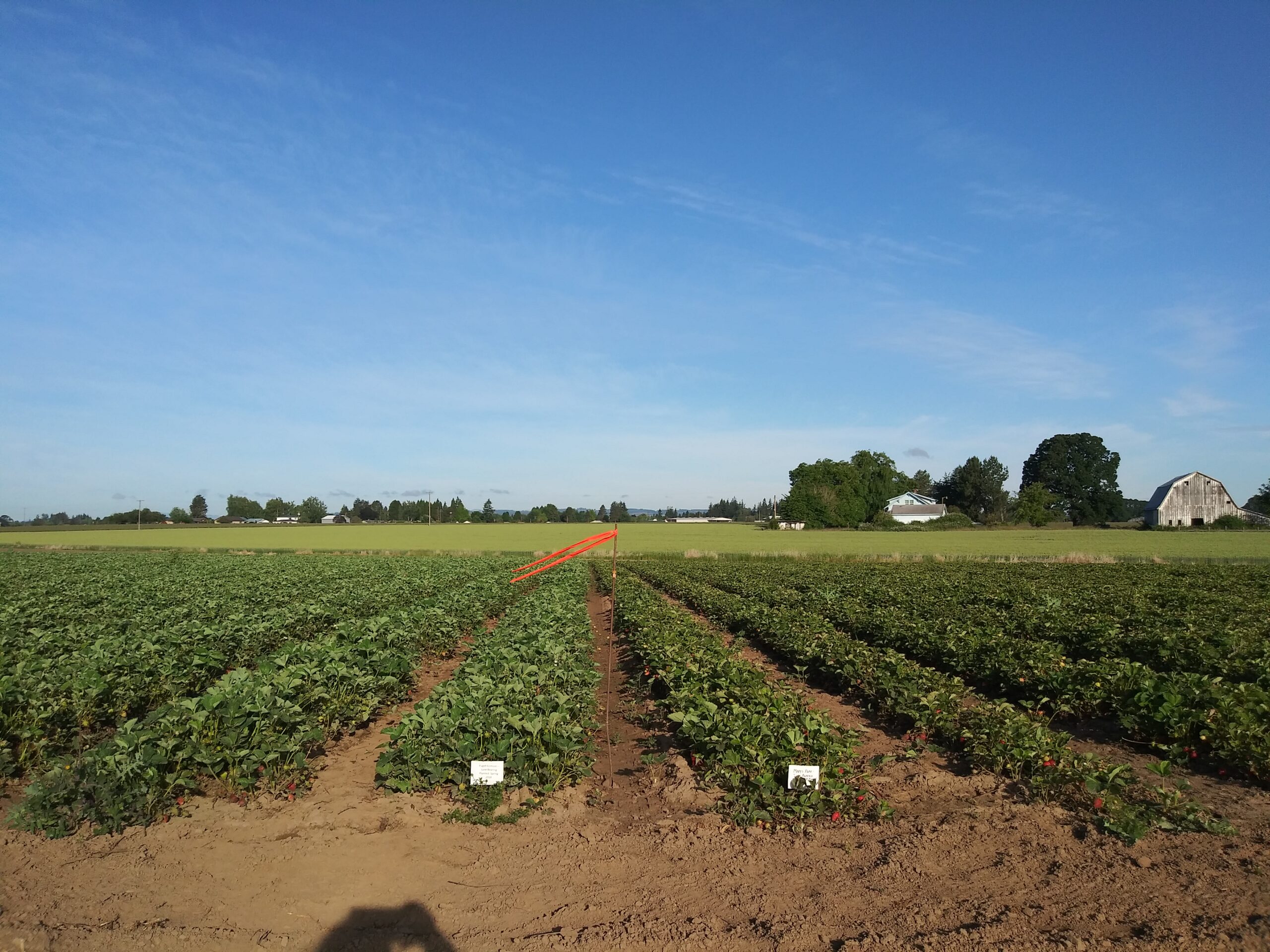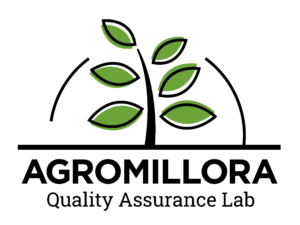
After years of deliberation on pre-harvest agricultural water requirements, the final rule has been unveiled. I’m speaking to berry growers and not sprout farmers when I summarize some of the key rule points below.
Pre-harvest agricultural water is water used at any stage of growing the crop before it is harvested. This includes water for spraying and for growing.
At least annually, farms must assess and maintain their pre-harvest water system but also must reassess if any significant change happens to the typical water set up or source. Here is the assessment flowchart to follow at least annually. Several factors play into assessing the water and distribution of said water, including if the source is near locations that are likely to introduce hazards onto fruit or fruit contact surfaces.
As always, there are exemptions to implementing this water assessment on your farm (ie. if your pre-harvest watering methods meet the same criteria as the harvest and post-harvest rules, if water used is coming from a public water source and can proven so with certificates, or if water is treated with the same standards as those found in the Produce Safety Rule AND the water quality would not have changed prior to harvest).
How much time you have to implement these rules on your farm depends on the farm:
- May 2, 2024 + 60 days = effective date = ~July 1, 2024 which means:
- Very small Farms have 2 years, 9 months after July 1, 2024 to comply, small farms have 1 year, 9 months after July 1, 2024 to comply, and all other farms have 9 months after July 1, 2024 to comply with this pre-harvest water use rule.
- FDA will be in “educational mode” from now through the year following those dates, working closely with state and other industry partners to prepare farms and regulators with education and information to ensure implementation of these rules is completed.
No doubt these changes will be part of the FSMA trainings that are available annually and worth participating in a second time if just for this update.
Are you surprised there are no colony forming unit (CFU) limits for specific water contaminating organisms (ie. Salmonella, E.coli, etc)?
Is much of this covered in your GAP or other food safety standards you have on your farm? If not, what is clearly different?
This post will be updated as more information is available but feel free to comment below to start the conversation.

